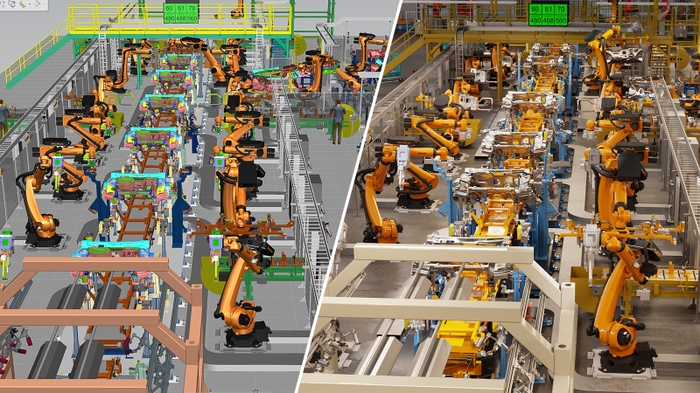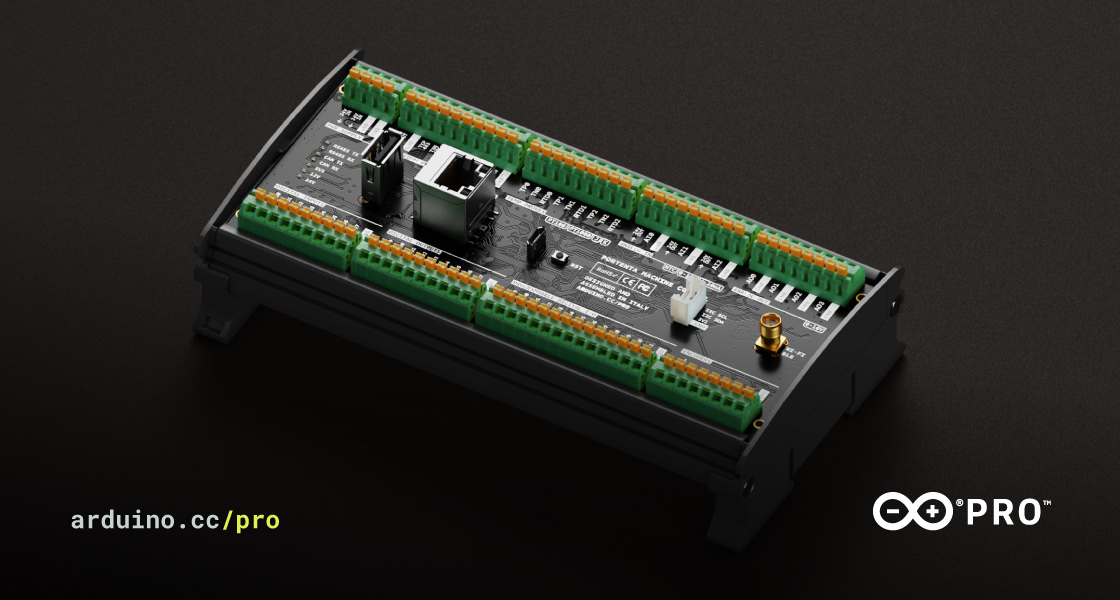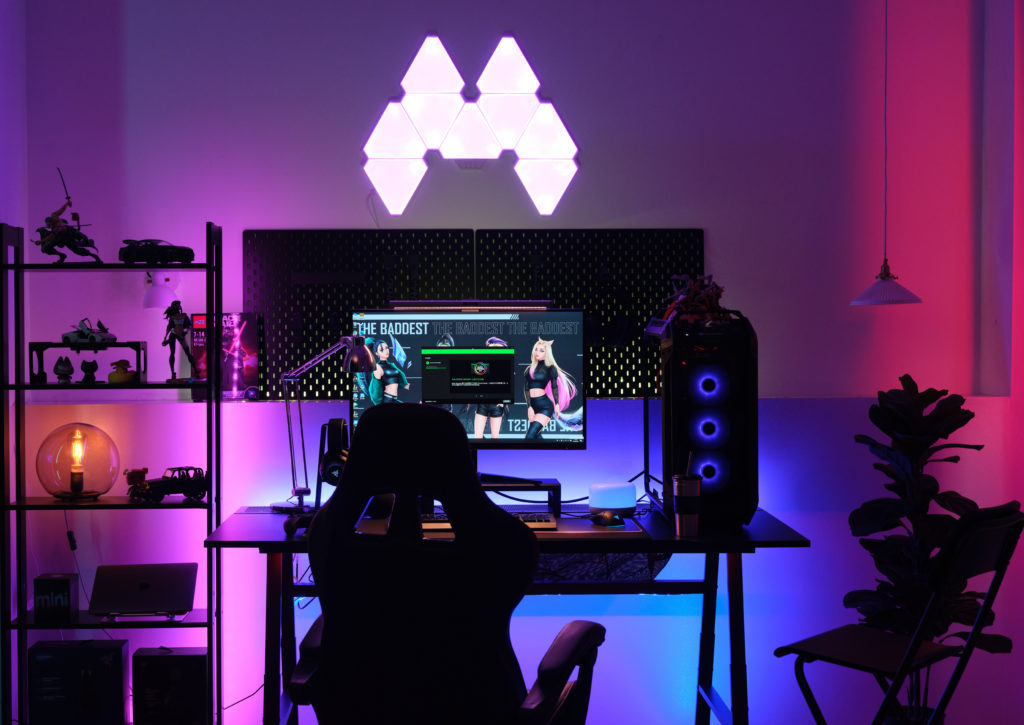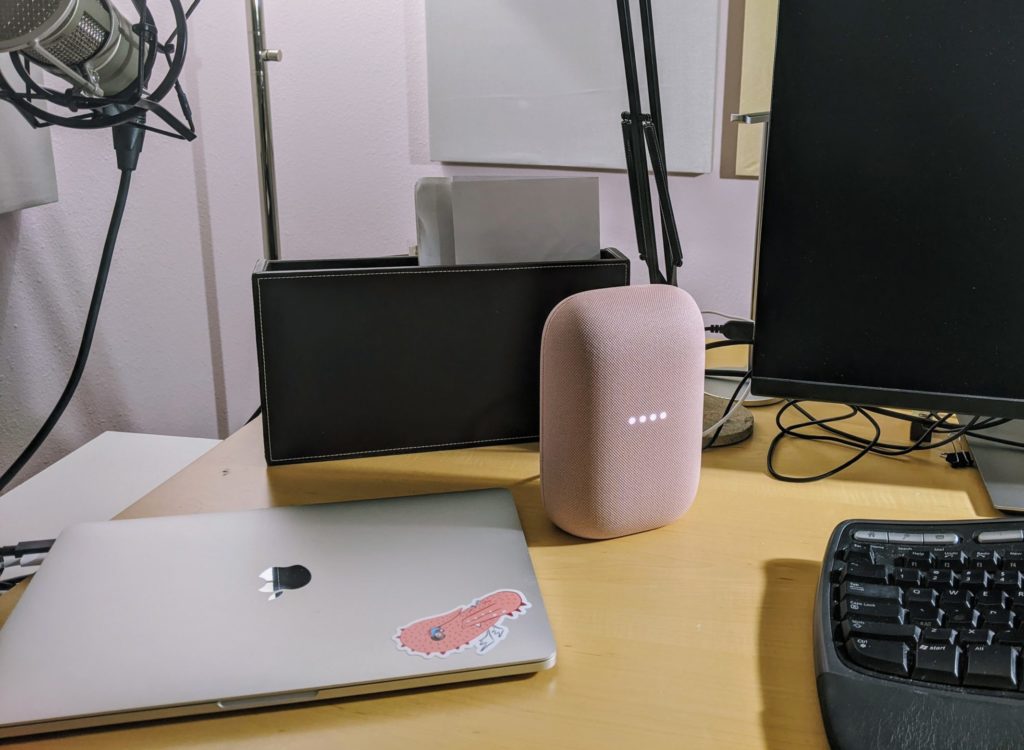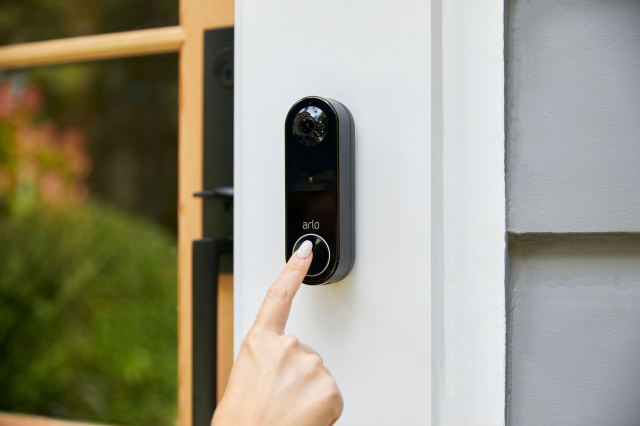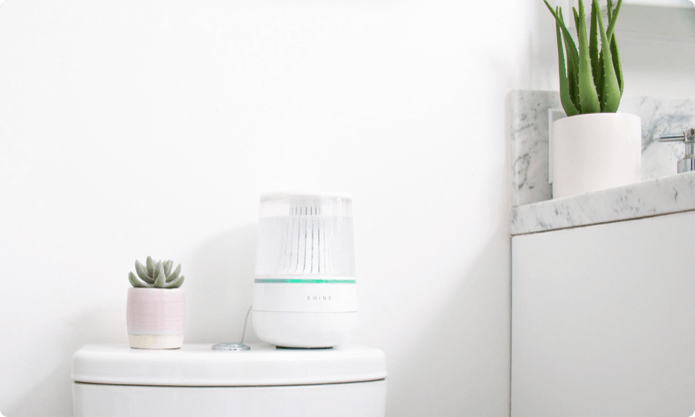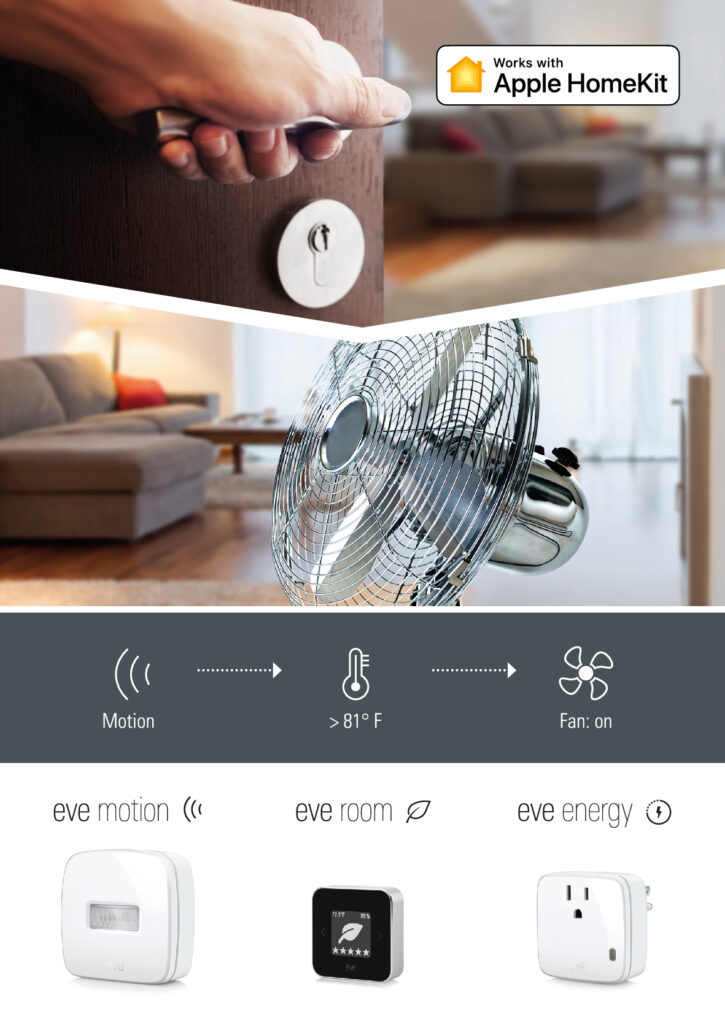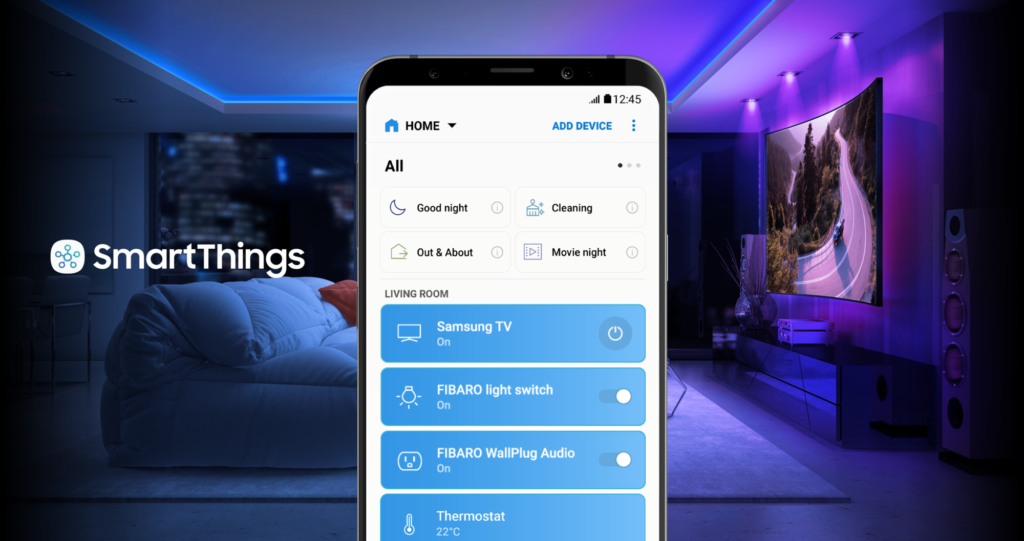The Federal Trade Commission is looking into Amazon’s decision to purchase the maker of Roomba vacuum cleaners for $1.7 billion. The agency this week asked Amazon and iRobot for more information about the deal, so Kevin and I took a moment to explain exactly what the FTC should worry about. Then we talk about Wi-Fi sensing showing up in Signify’s WiZ lightbulbs, and a wireless power provider paired with smart tags enabling a new retail experience — all without batteries. We touch on Nvidia’s continued forays into the metaverse and its plans to create digital twins for retailers with its new Omniverse services. We also cover two surveys this week from MachineQ and Hitachi Vantara. Those surveys focus mostly on enterprise IoT adoption and things that stand in the way of them. We also cover Helium’s new deal to bring its decentralized 5G wireless network to T-Mobile and then discuss Tile’s new QR code stickers to create a tech-savvy label for your stuff that might get lost. It’s better than sewing your name in your underwear. Kevin then discusses his review of a LoRa-based IoT development kit from Blues Wireless. We end by answering a listener question about leak monitoring and water shut off tools.
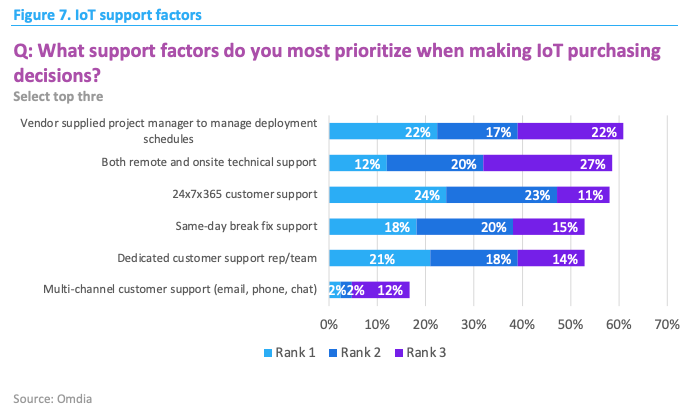
Our guest this week is Rob Davies, the chief insurance officer at Vivint. We start the interview by asking what a monitored security company is doing in the insurance sector, and move on to discuss what data might be most useful in building new insurance products. We also talk about how an insurance company might use smart home data to become more proactive about alleviating risk as opposed to paying out once the worst has happened. Davies uses the example of someone who has forgotten to lock their door. With Vivint’s platform, the insurance provider can let the homeowner know their door is unlocked before someone tries to break in. This creates a new relationship between insurers and their clients, and it will be interesting to see how far insurance companies take this idea. Enjoy the show.
Hosts: Stacey Higginbotham and Kevin Tofel
Guest: Ron Davies, chief insurance officer Vivint
Sponsors: Infineon and Silicon Labs
- Why Robot OS could become Amazon’s anti-competitive advantage
- Buy IoT gear is tough, and having customer support matters
- This LoRa development kit was easy to set up and get data from
- Why a monitored security firm is interested in offering insurance
- Owning your own devices is useful for building new insurance products
Podcast: Play in new window | Download | Embed
Subscribe: RSS

